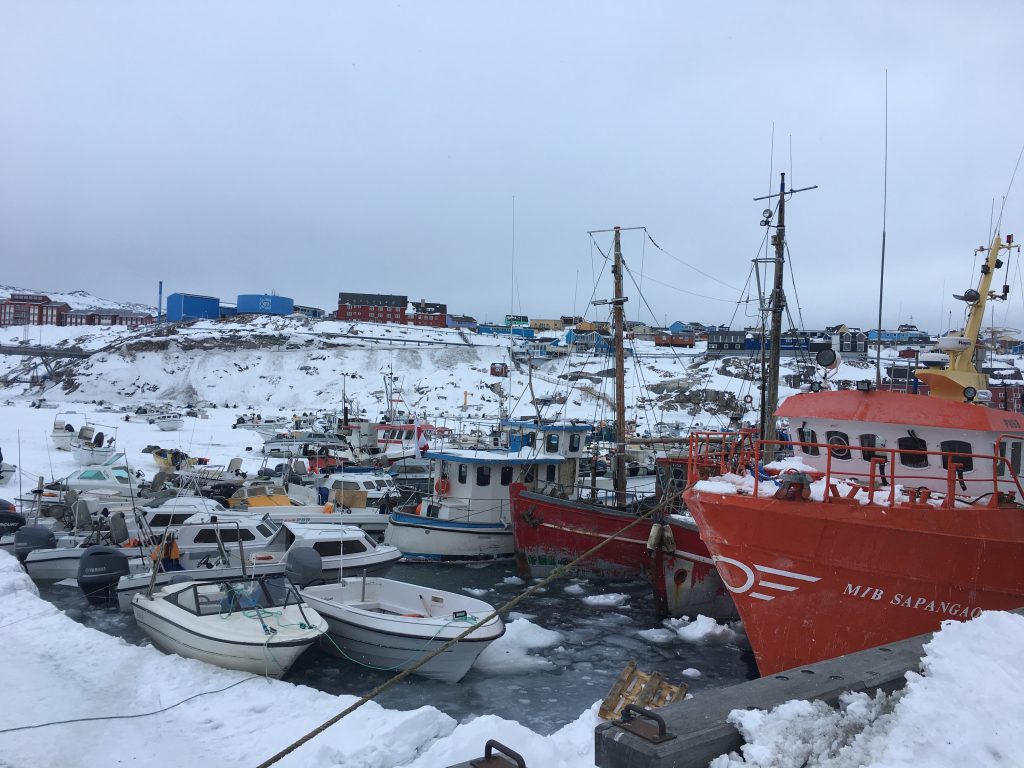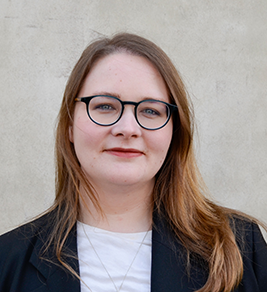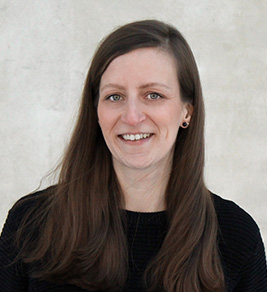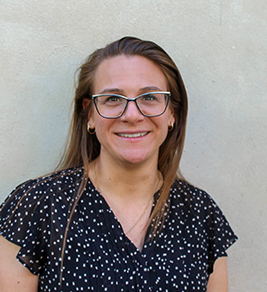SUNREM explores how local labour markets in remote areas of the Nordic Region are impacted by global megatrends like demographic changes, growing tech needs, climate change, and globalisation
There is already a shortage of workers and a mismatch between supply and demand in many remotely located job sectors. Facing an aging population and fewer young people entering the workforce, a loss of skilled workers to urbanisation, lacking infrastructure to support tech-changes, remote regions will struggle to survive without answers to the growing pile of difficult questions about the future.
To add to this, climate change may have a disproportionate impact on remote areas. These places are often hit by more frequent and severe weather events that can disrupt economic activities and infrastructure. This in turn affects the security, safety and health of local communities.
These global megatrends present new challenges but also new opportunities for remote labour markets, particularly in terms of transitioning to more sustainable and environmentally-friendly practices.
What is SUNREM?
This project specifically focuses on the green transition. Our aim is to expand knowledge about the correlated opportunities and challenges facing remote local labour markets in the region, as climate change continues to shake up otherwise stable sectors.
The project takes its point of departure from case studies in Iceland, Norway, Sweden, and Åland, using both quantitative and qualitative data collection methods. The project’s findings will be circulated through various outputs, including research reports, scientific articles, stakeholder engagement, and policy recommendations to promote sustainable labour market participation in remote areas.

What does the future of remote Nordic labour markets look like?
SUNREM partners share initial insights emerging from the project in a NordForsk interview.
How SUNREM works?
A collaboration of researchers from Iceland, Norway, Sweden and Åland come together to compare case studies, identify best practices and facilitate joint discussions on sustainable labour market participation in remote areas.
Case study regions include:
- Åland
- Dalvík (Iceland)
- Húsavík (Iceland)
- Stord (Norway)
- Hammerfest (Norway)
- Skellefteå (Sweden)
- Gotland (Sweden)
Researchers are responsible for coordinating different work packages, ensuring close cooperation and integration throughout the project.
The Nordic countries share many common traits, making comparisons particularly interesting and providing valuable learning opportunities across countries. We will use these shared traits, such as similar government structures, high levels of trust, and the Nordic labour market model, to inform our research and identify solutions that are relevant across countries and regions, both in the Nordics and beyond.
Our case studies will provide insights that we will share through webinars and other outreach events.
The SUNREM consortium:
Nordregio, Sweden:
- Anna Lundgren, Project Leader
- Gustaf Norlén, Key researcher
- Maria Bobrinskaya, Researcher
- Miia Itänen, Communications
The Fafo Research Foundation, Norway:
- Camilla Houeland, Key researcher
- Anna-Inga Hilsen, Researcher
Ålands Statistikbyrå (ÅSUB), Åland:
- Sanna Roos, Key researcher
- Katarina Fellman, Researcher
- Johan Flink, Researcher
- Maria Viktorsson, Researcher
University of Akureyri Research Centre, Iceland
- Hjalti Johannesson, Key researcher
- Gretar Thor Eythorsson, Professor




